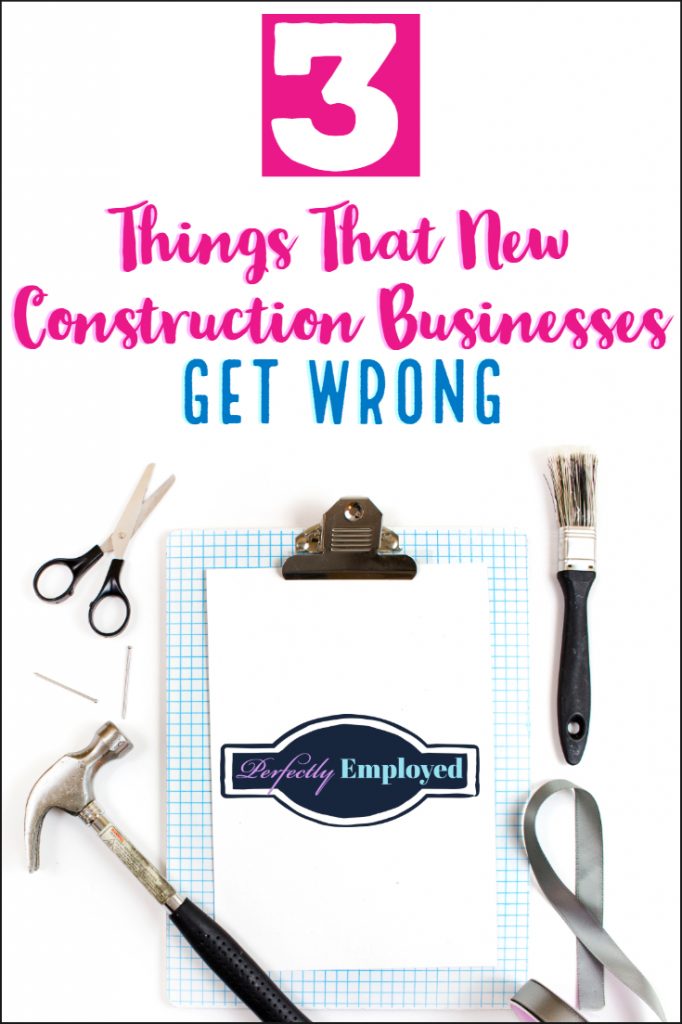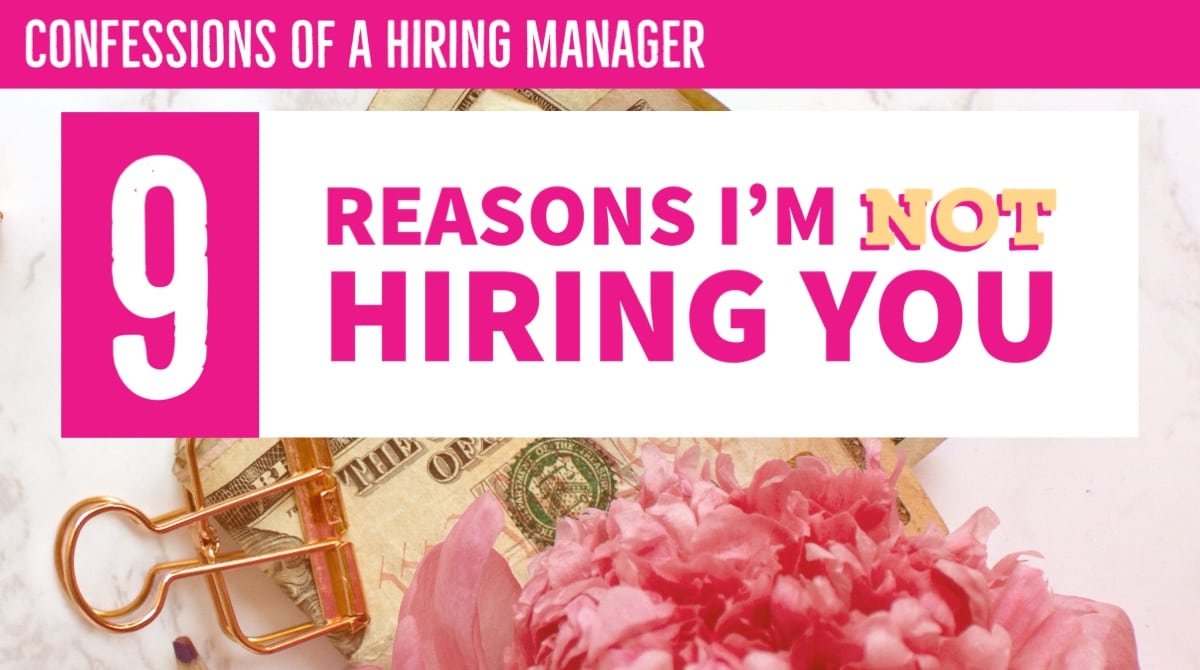
We all go to work every day so we can earn a salary or wage. This is the money that we need to live off and support our family with. As you no doubt already know, there are many well-paid jobs out there, such as doctors, lawyers, and accountants. However, there are also many jobs and careers that don’t pay quite as well as what we think they should. In fact, some are so low-paying that their employees can end up struggling to get by.
Thankfully, most of us will be able to move up to a higher position by getting a promotion and working our way up through a career. It’s usually possible to move beyond low-paying entry-level jobs in this way. But what if you seem to be stuck in a job that doesn’t pay enough with no way out? It may be getting you down, but you can hold onto the hope that it is usually possible to make your working situation better for yourself. Here are some ways you can survive your low-paying job.
Keep on Job Hunting
First of all, it’s important to note that you should always be job hunting. Even if you aren’t actively applying for the positions you find, you will find it very useful to keep a constant eye on your local job market. You’ll then be able to jump on any opportunity that is an improvement on your current situation. You never know when you will find a completely new role in a different career that shouldn’t be too difficult for you to transfer your skills and experience over to.
Switch to a Company that Pays Better
Of course, it could also be worth looking for a similar job to the one you currently do but at a company that will pay you a higher wage. Not all companies pay the same. It’s always worth having an ear to the ground to see if you can find a position for which you would earn a larger salary package. When you do look for open positions with other companies, it’s worth comparing the other financial benefits that you would gain, such as paid days off for vacations and illness as well as pension payments and annual bonuses. Even though a different company might be able to pay you slightly more, they may offer benefits that aren’t quite as good as the ones you currently get. So, you’ll have to weigh up whether it really is worth going for the higher salary.
Improve Your Transferable Skills
It’s always important to continue working on your transferable skills. It’s even necessary for those who are in solid jobs to keep on honing these crucial skills. These are key skills like good communication, analytical skills, and excellent customer service. They are known as transferable because you’ll be able to transfer them to various different areas of your life. As well as using them in your private life, you’ll also be able to use them in the majority of jobs as well. So, they should help you find a completely new job, even if it means moving into a completely different career. As long as these transferable skills are strong, they should help you bag a better job even if you don’t have any direct experience of working in the industry or sector.
See if there are any Funding Options for Your Career Path
It’s worth researching any potential funding opportunities that there might be for your specific career. There are sometimes charitable funds set up for employees in careers that are known to be quite poorly paid. For instance, teachers can sometimes struggle to get by on their low salaries and long hours. Thankfully, there are now a few programs in place to help a teacher who is really struggling. These kinds of programs are also used to financially reward teachers who have done particularly well in their job. There are quite a few traditional careers, such as teaching, that have these charitable pots and funds available for workers in need.
Start Networking More
Start trying to network more so you can meet as many people as possible. You never know who you might meet when you are at a local business networking event. There are always a lot of different entrepreneurs and business owners at them. You could get chatting to someone who is looking to hire someone with your exact set of skills and knowledge. Even if you don’t find someone who is hiring, you might start talking to someone who knows of an open position that might be a good match for you.
Related Posts
- Take Your First Steps Toward a Career Change
- Improve Your Job Skill Set without Leaving the House
- 3 Surefire Strategies to Get a Promotion at Work
- When is it Time to Find a New Job?
Consider Changing Your Position in the Company
You might be able to increase your pay packet if you simply move into a different position in your current company. For instance, if you are able to work your way up to a leadership position then you would be in line for a nice pay rise. It could also be worth trying to position yourself as a mentor within the company. Lots of companies are now realizing how beneficial it is to have a mentor in the company who their workforce can reach out to for help and advice whenever they need it. You’d probably be able to continue your current position while doing a few extra mentoring sessions a week. As you’d be taking on extra responsibility, you will likely be able to request some extra pay.
Join a Union
It might be worth joining a union. These are groups and organizations that are created with the main aim to protect workers’ rights. If you believe that you are being paid a lot less than what you think you should be, it could be worth approaching your union about it. They will approach your company and attempt to negotiate a pay rise. If they are unable to do so, and you are paying significantly less than what other companies pay employees in similar roles, the union could help you take the issue to an employment tribunal.
Hopefully, these tips help you survive!
Save to Pinterest

















